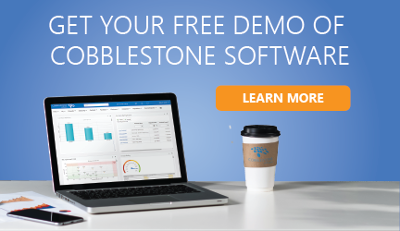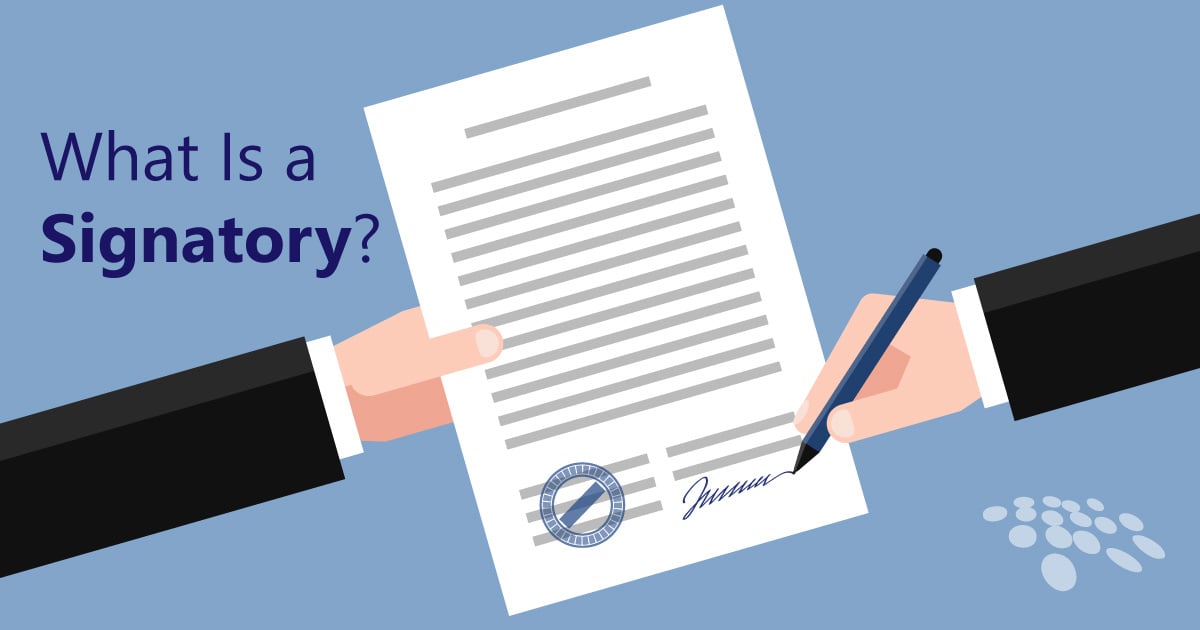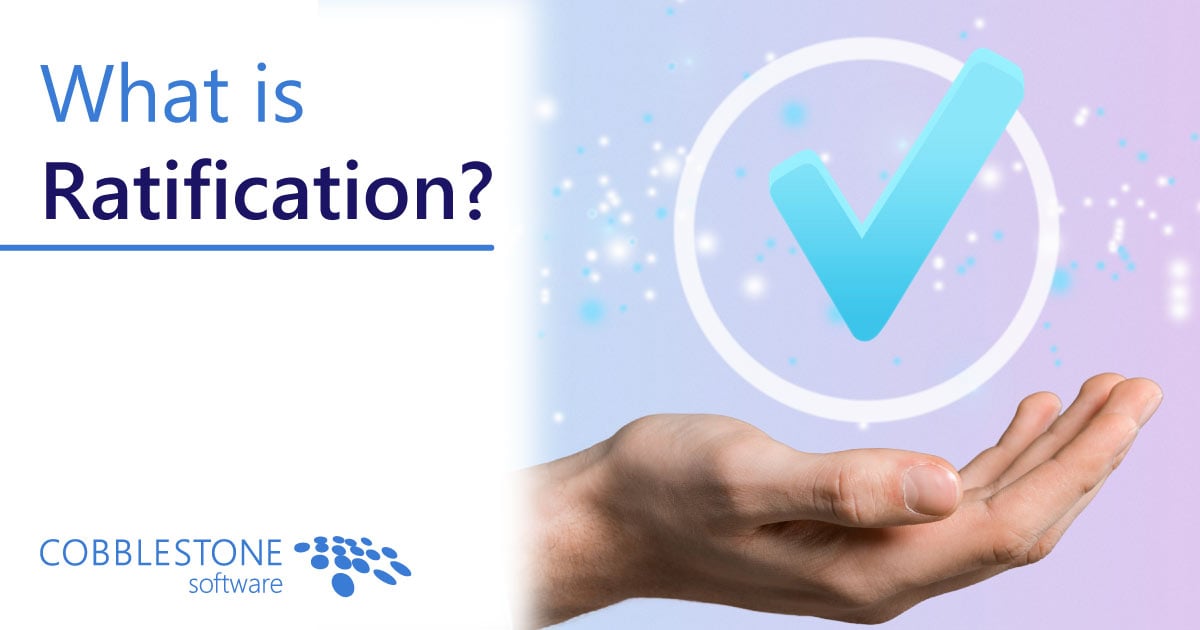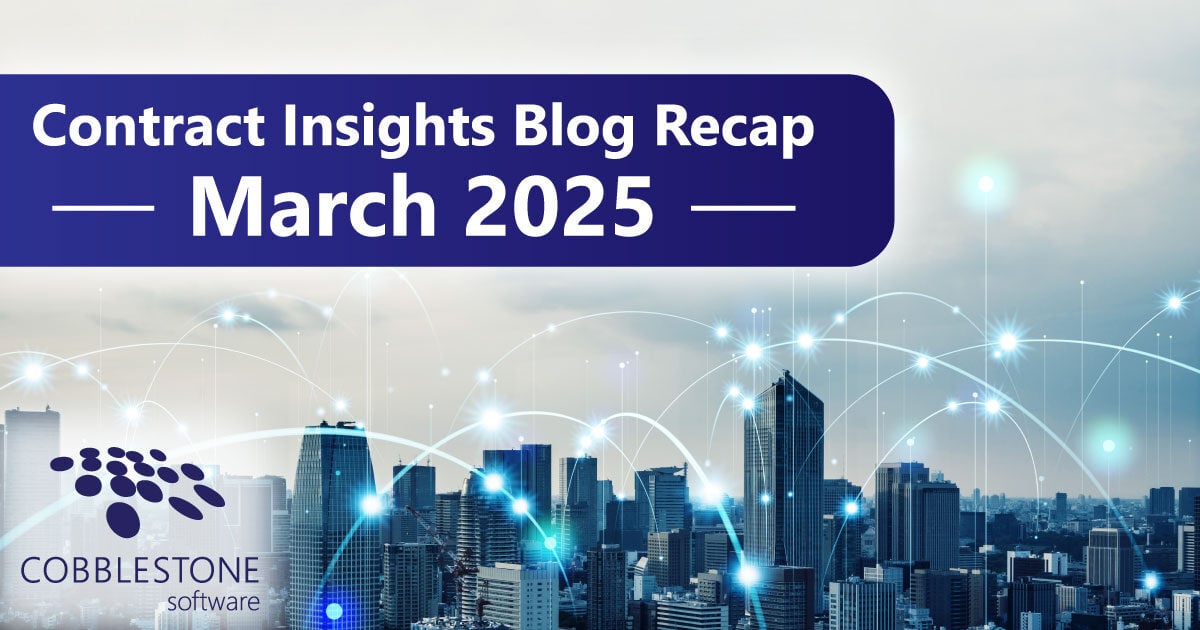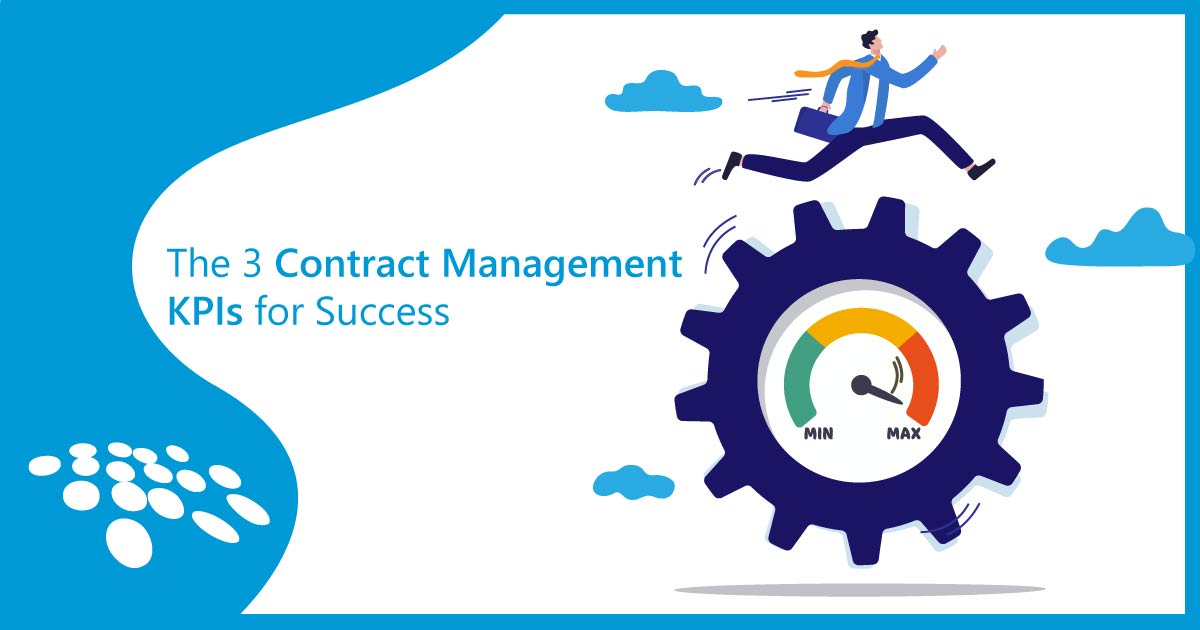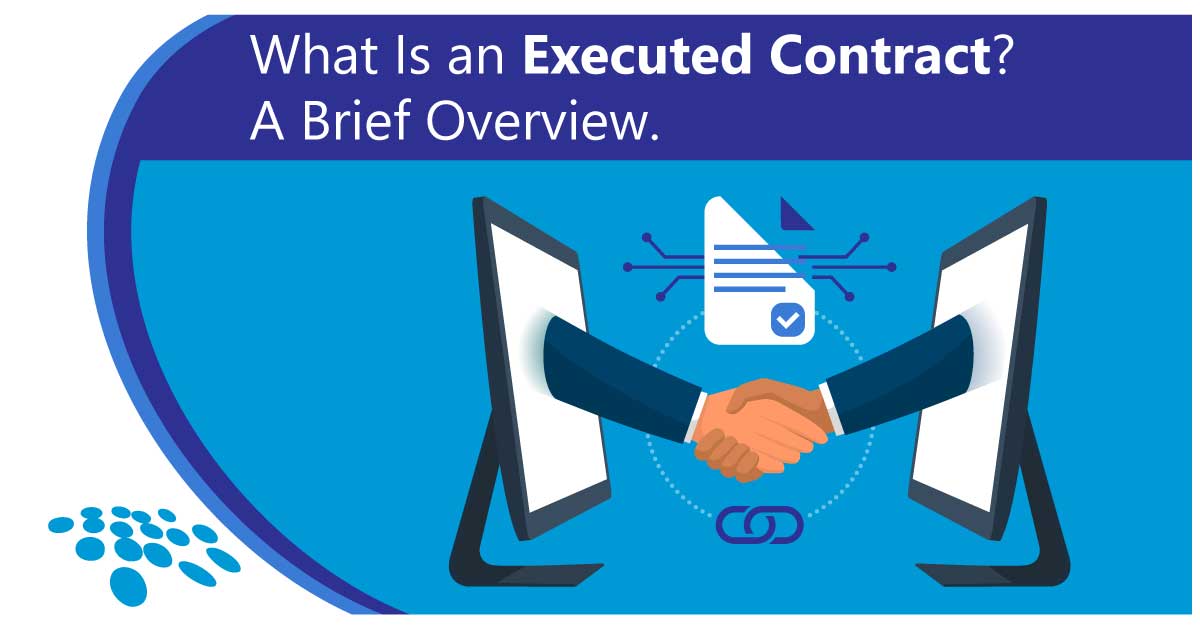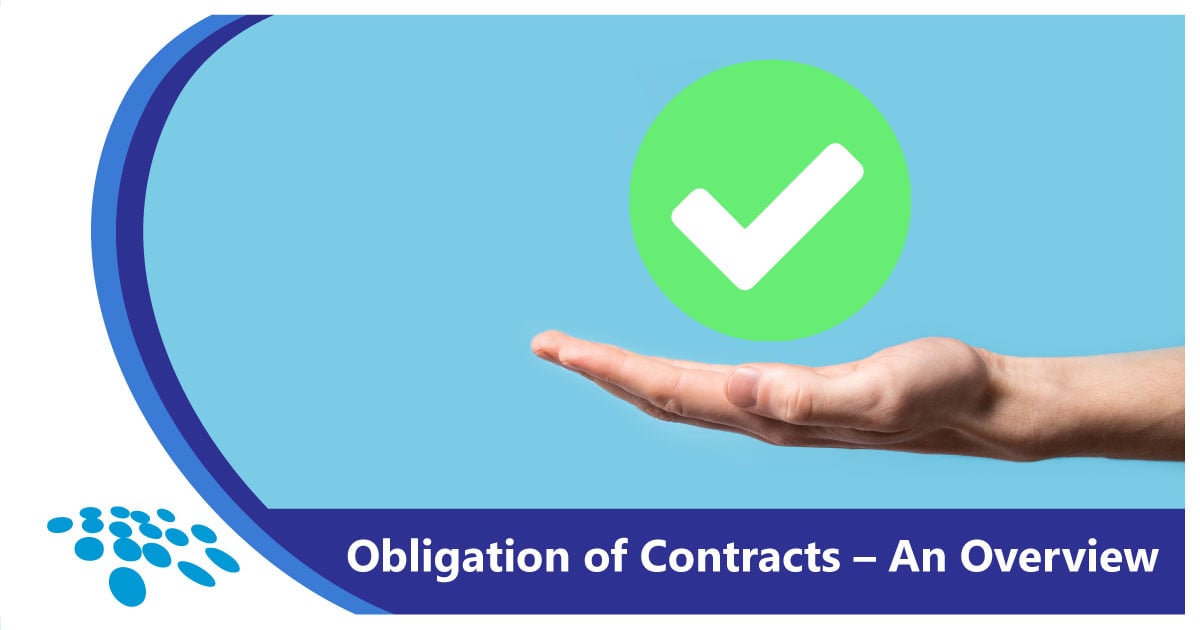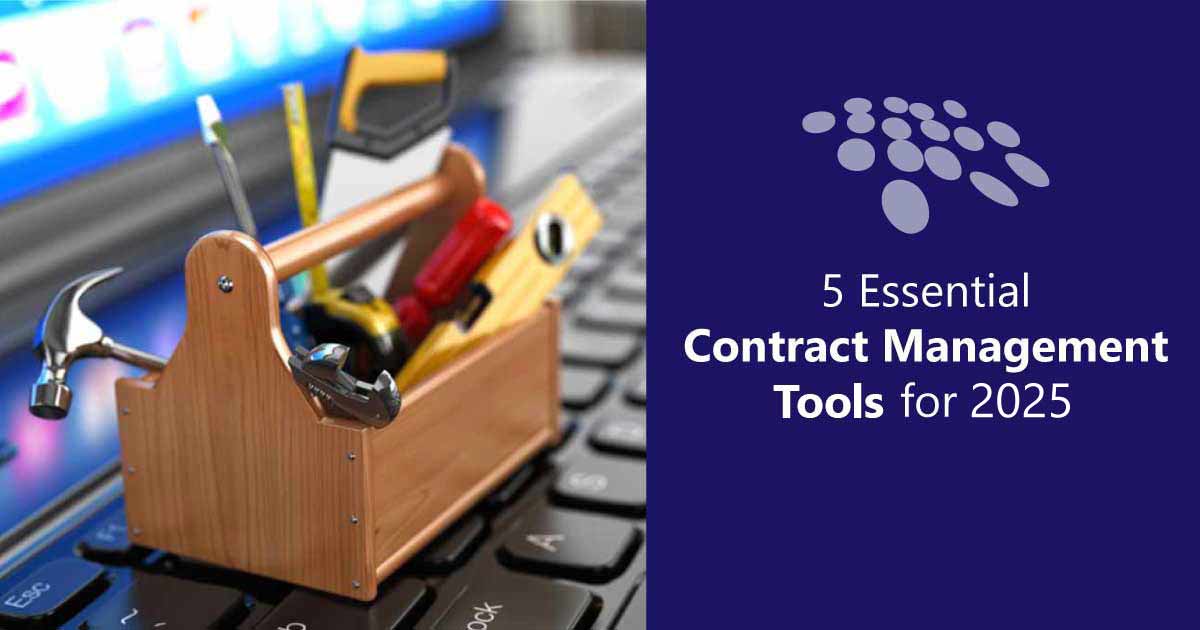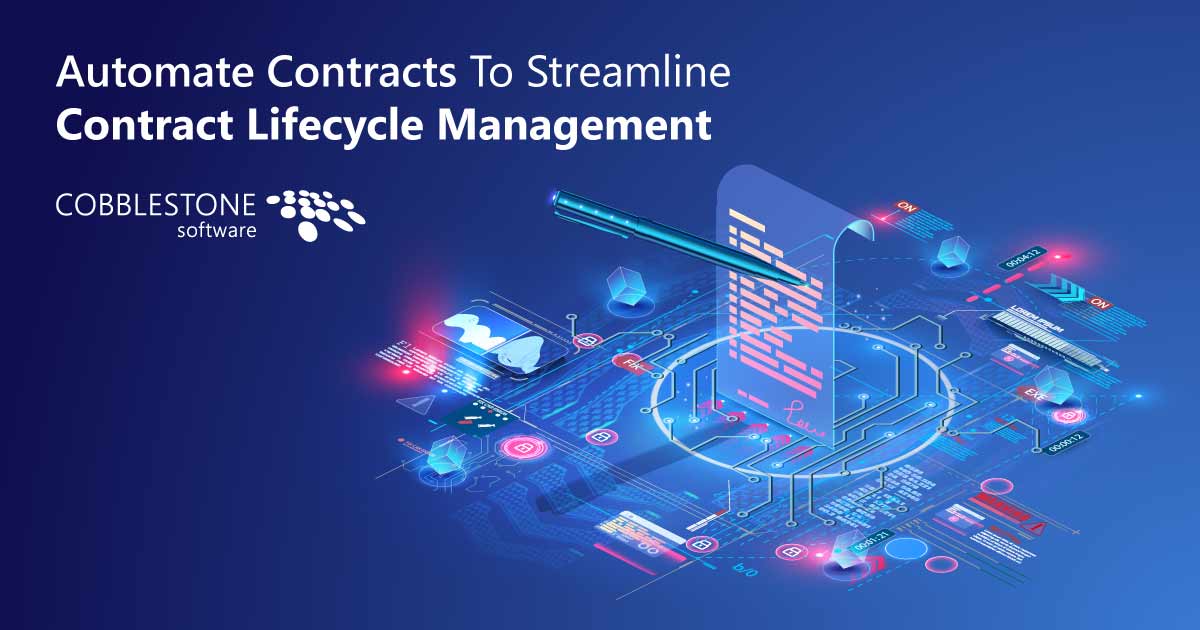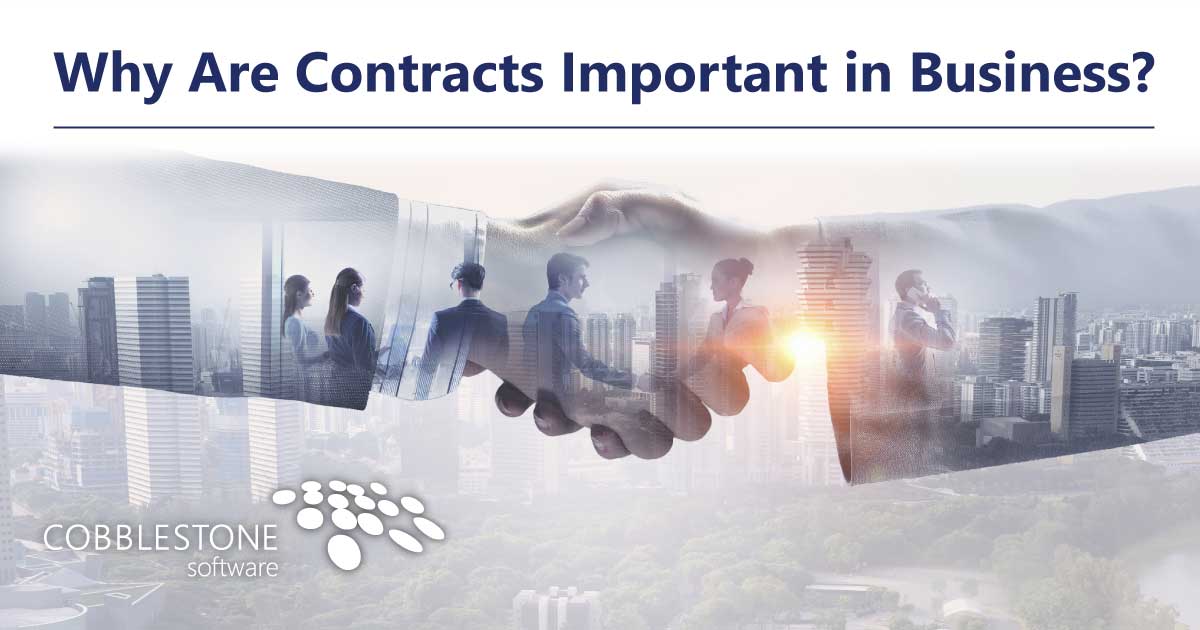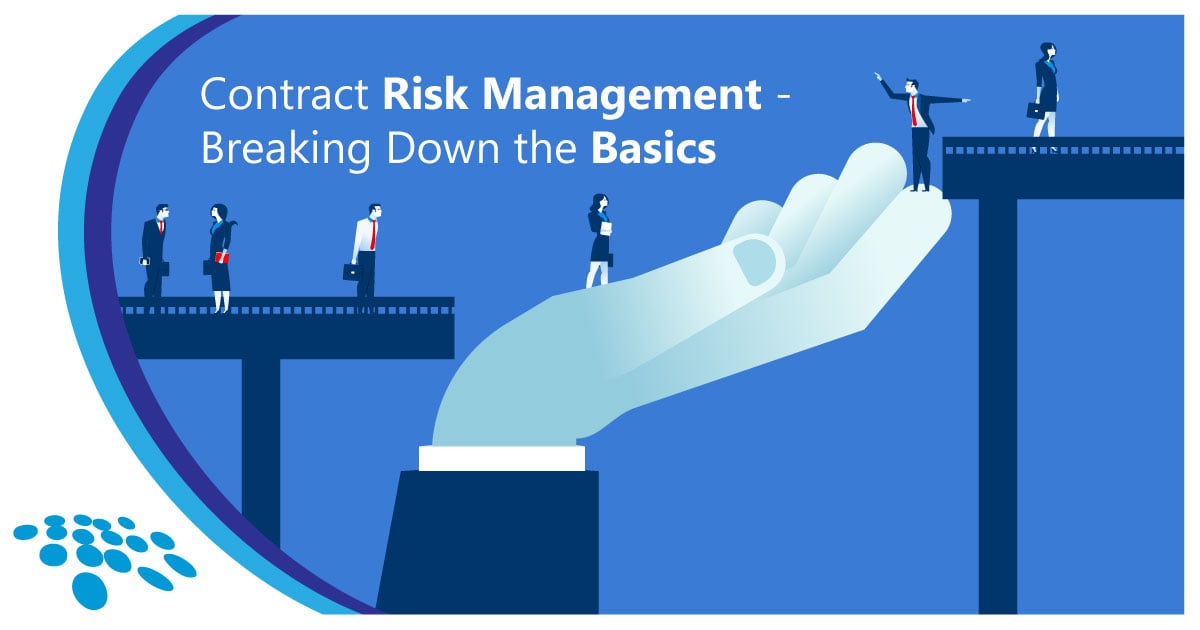What’s the Deal With Robocalls?
Telemarketing calls – we all get them. We’ve all received unwanted phone calls with someone selling a product or service. Have you wondered how they got your name and phone number? What legislation or regulations are in place to prevent these unwanted calls? According the Federal Trade Commission (FTC), the FTC “takes aggressive legal action to make sure telemarketers abide by the Do Not Call Registry” (in accordance to a post by the Federal Trade Commission (FTC)).
To date, the FTC claims they filed 134 enforcement actions against companies for violation of telemarketing regulations and recovered over $50 million in penalties.
How do These Companies Collect Data to Make so Many Calls?
Telemarketing companies get access to consumer data in several ways including:
- Purchasing lists from companies
- Publishing fake content with forms that consumers sign up for
- Dialing randomly
With advancements in software and low-cost calling, such as voice over internet protocol (VOIP), it’s easy to make millions of calls. Robocalls can auto dial phone numbers from a call list that’s been imported to software. If these companies hired individuals to dial each phone number, and wait for someone to answer, it would be very costly. In addition, predictive analytics and dialers are used to determine the best time of day to call, mask the area code and number to look like it’s a local call, and check that you answer the phone prior to routing the call to an actual human or automated attendant.
Protecting consumer data and PII (personally identifiable information) is an increasingly important concept, and organizations and businesses are under increased demands to safeguard PII. According to the General Services Administration (GSA), “The term ‘PII,’ as defined in OMB Memorandum M-07-1616 refers to information that can be used to distinguish or trace an individual’s identity, either alone or when combined with other personal or identifying information that is linked or linkable to a specific individual.”
Typically, PII includes:
- non-public employee names
- addresses
- email addresses
- phone numbers
- dates of birth
- driver’s license numbers
- financial data
- and more
How can your organization use contract management software to help ensure that the data these telemarketers collect isn’t coming from the data your company collects?
Preventing Robocalls With Contract Management Software
This advice is not legal advice, as each organization should seek an attorney’s advice for compliance, but your organization can implement some basic items to help prevent unauthorized use of disclosure.
In this example, we will focus on utilizing a contract management software to help identify unauthorized use of data. There are many affordable, yet robust, contract management software systems on the market. Be sure to find one that enables your organization to track the data fields you require, counterparty information, and contract terms and conditions. In addition, make sure it supports automated workflow alerts and has artificial intelligence capabilities to monitor contract compliance.
Start by having an attorney review your organization’s standard contract provisions and ensure the contracts include a provision that limits vendor and counterparty use of your organization’s data. Include a clause that your organization’s data is considered private and confidential. Also include that the counterparty cannot utilize or sell the data for any purpose other than to fulfill its obligations under its agreement with your organization. With an advanced contract management software, this can be built in with rules-based clauses and drafting from your organization’s contract templates. If external or third-party contracts are used, then add a rider including this provision (or one similar) as incorporated terms of the contract. This helps ensure that all new contracts your organization shares data with has limitation on data use.
Ensure the software system has trackable fields so if your organization shares customer or financial data with counterparties you can set up automated alerts for individuals to be notified. In addition, set an annual reminder to audit the firm to ensure compliance.
Next, configure a workflow that alerts a risk manager or legal professional when a new “pending” contract is being considered to determine if any PII data is shared with the counterparty (vendor or customer). This workflow can repeat annually, or frequently based on your needs, to ensure proper risk and legal review is done prior to the contract being signed and becoming binding.
Set up artificial intelligence tools to review and scan contract text for key words or phrases, such as “telemarketing”, “marketing”, “data disclosure”, “confidentiality”, “access to data”, “consumer records”, “data hosting”, “export of data”, and other terms or phrases your legal team would like the contract artificial intelligence engine to search and provide risk-based alerts on.
Lastly, set up alerts and monitored reports to renew necessary contracts with vendors, terminate unwanted contracts with vendors, audit each counterparty for compliance, modify contracts as needed, and ensure proper disposal and return of data at or before termination.
Although the rules and regulations vary by country, state, and industry for privacy protection, and pose unique challenges, following some basic steps and utilizing a contract software system built for contract management success can help.
Remember to always seek legal advice to ensure compliance.
About CobbleStone Software
CobbleStone Software provides Contract Insight® contract management software as a cloud-hosted or deployed (on-premise) solution. Cobblestone is used by tens-of-thousands of legal, sales, and procurement professionals for their contract software needs. Contract lifecycle management software and associated solutions is CobbleStone’s focus. Founded in 1995, CobbleStone was among the first and most experienced companies to offer a contract management software product and continues to be a leader with full contract lifecycle management.
Learn more about Contract Insight® contract management software or contact CobbleStone Software today.




